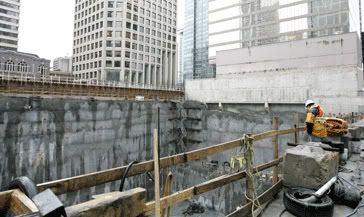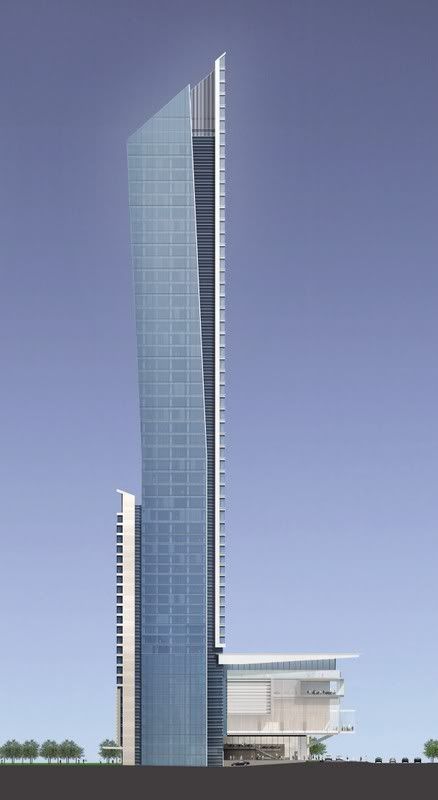Automation Gallery
Superstar
What do stars mean when random hotels in Dubai call are pretentious enough to assign themselves more than 5 stars anyway? Do they even understand the whole concept of "stars" at all? Probably not. Stars have always been out of 5. You can't give more just because you FEEL like it. Just like you can never have more than 100% of something. It's just ridiculous.
Hotel ratings
The star classification system is a common one for rating hotels. Higher star ratings indicate more luxury.
The AAA and their affiliated bodies use diamonds instead of stars to express hotel and restaurant ratings levels.
Hotels are independently assessed in traditional systems and rest heavily on the facilities provided. Some consider this disadvantageous to smaller hotels whose quality of accommodation could fall into one class but the lack of an item such as an elevator would prevent it from reaching a higher categorization.
Standards of hotel classification
Many countries allow various classification systems for hotels in accordance to chain name and type of hotel, however, there is no universal classification which has been adopted. There have been attempts at unifying the classification system so that it becomes an internationally recognized and reliable standard but large differences exist in the quality of the accommodation and the size and design of the accommodation, which play an integral part in defining which hotel category the specific accommodation fits. Food services, entertainment, view, room variations such as size and additional amenities, spas and fitness centers and location are also vital in establishing a standard. The more common classification systems include 'star' rating, letter grading, from 'A' to 'F', diamond (which is, in theory, similar to the star rating system), and simply a 'satisfactory' or 'unsatisfactory' footnote to unique property accommodations such as hostels and motels. Systems using terms such as Deluxe/ Luxury, First Class/ Superior, Tourist Class/ Standard, and Budget Class/ Economy are more widely accepted as hotel types, rather than hotel standards.
Zero star hotels
There is only one record of a zero star rating to date. It is the Null Stern Hotel in Sevelen, Switzerland. It is a converted nuclear bunker. The Null Stern Hotel was the artistic brain child of Frank and Patrik Riklin, which was then turned into a business.
Six star hotels
Some members of the hospitality industry have claimed a six star rating for their operation. One example is the Crown Macau, on Taipa Island in the Chinese territory of Macau. Another is the St. Regis Shanghai Hotel in China, The Oriental Bangkok in Thailand. Other examples include the Emirates Palace in Abu Dhabi and the Al Husn Hotel at Shangrila's Shangri-La Barr Al Jissah Resort and Spa Hotel in Oman. The Palazzo Versace on the Gold Coast in Australia is described by Australian Traveller magazine as meriting "six star" rating though level of rating is not used in Australia. The under development hotel Mansions of the World in Puerto Madero, Buenos Aires has also been announced as a six star hotel project. Seoul Park Hyatt in South Korea is also a six star hotel.
Seven star hotels
There are only three hotels in the world that currently hold an official "seven star" ranking; the Burj Al Arab in Dubai, United Arab Emirates was the first, followed by the Grace International , Bankok, Thailand and Town House Galleria in Milan, Italy. There are a few other seven star hotels currently under construction, however. These include the Laucala Island in Fiji, Morgan Plaza to be finished in Beijing, China, the Flower of the East under construction in Kish, Iran, The Centaurus Complex under construction in Islamabad, Pakistan and the Pentominium, the Grand Chola in Chennai (India), a complex planned for Metro Manila and The Royalties Castle for Davao City in the Philippines.
Controversy
The expansion beyond the traditional "five star" rating has led to commentators questioning if it is simply more puffery or sales hype.
The UK's Culture minister Kim Howells said that he was considering establishing a Government-endorsed standard to replace the many rating systems, which he said were "shambolic" and confused the consumer.
Hamish Arthur of the Australian Hoteliers Association [ AHA ] said the current system was confusing for many consumers, and hotels were now reluctant to pay for an independent assessment when they could post equivalent self-ratings on accommodation websites.
Mr Arthur said consumers became confused when they saw two very different facilities rated the same - for example a serviced apartment and a hotel - and he thought some overseas visitors mistakenly booked 5-star facilities that didn't meet their expectations on arrival.
Last edited:


